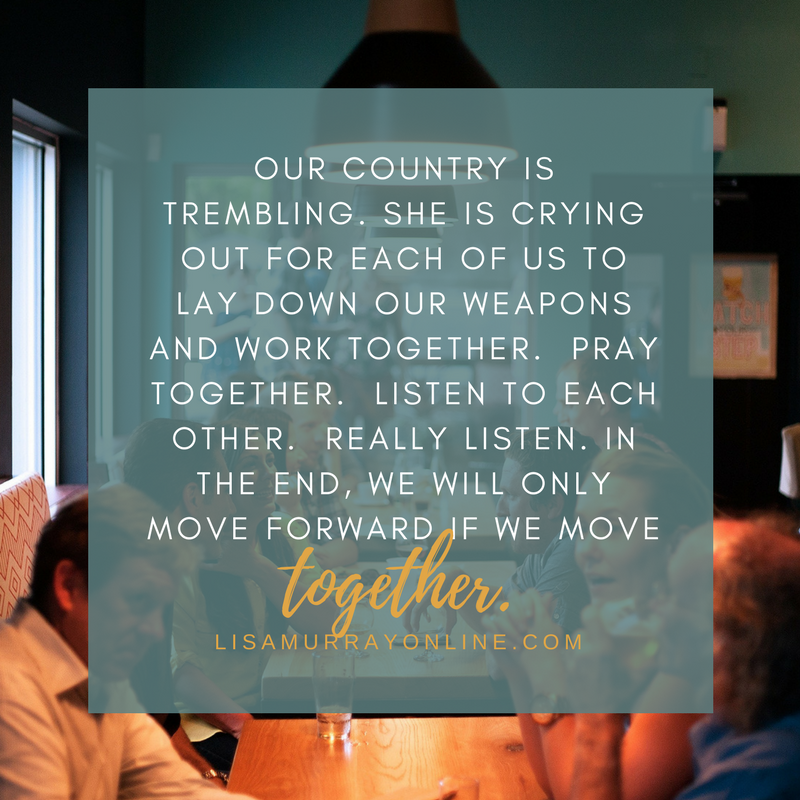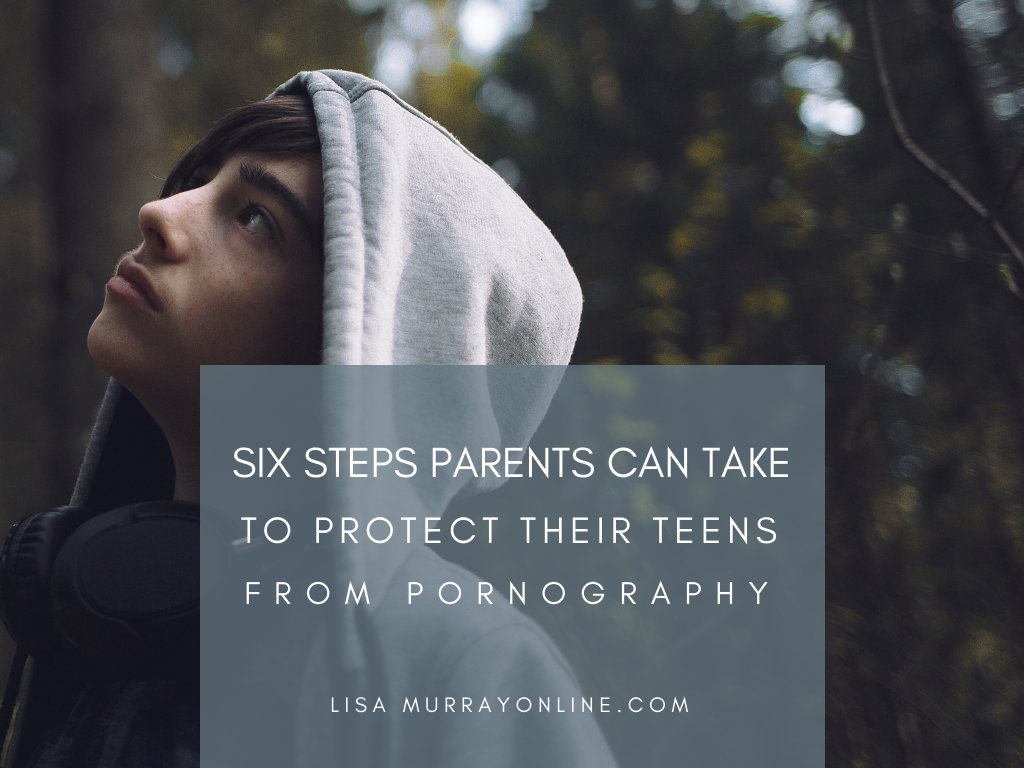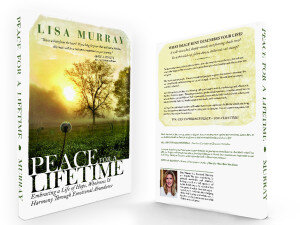Life without other people is the worst disease any human being can ever experience. _Mother Theresa CLICK TO TWEET
Ever been lonely? I have.
We live in a world where everything is at our fingertips, yet for many any real connection and belonging can feel woefully out of reach. For all of our technological advances, as a culture we are more isolated than ever before. And we are lonely. Terribly lonely.
Former Surgeon General Murthy, in a Harvard Business Review article, writes that, we live in the most technologically connected age in the history of civilization, yet rates of loneliness have doubled since the 1980s.
This is troubling because the data clearly shows that loneliness is directly associated with a reduction in life span. This reduction is similar to that caused by smoking 15 cigarettes per day, and its greater than the negative impact of obesity on life span.
When we look deeper, we find that loneliness is also associated with a greater risk of heart disease, depression, anxiety and dementia. Within the workplace it’s associated with reductions in performance, limiting creativity, and impairing other aspects of executive function, such as memory and decision-making.
One recent Gospel Coalition articlesuggests, After decades of bowling leagues, Americans began bowling alone. Today, in the age of social media, we’re not even bowling. We’re scrolling alone.
What loneliness is and what it isn’t.
Not everyone who is socially isolated is lonely, and not everyone who is lonely is socially isolated. Psychology.iresearch.netdefines loneliness as, the distressing experience that occurs when one’s social relationships are perceived to be less in quantity, and especially in quality, than desired.
Social isolation denotes few social connections or interactions, whereas loneliness involves the subjective perception of isolation — the discrepancy between one’s desired and actual level of social connection, researchers Holt-Lunstad and Smith wrote in the Heart Journal.
In essence, loneliness is the difference between the connection we have and the connection we want. That loneliness, biologically speaking, serves a similar purpose as hunger and thirst, seems to indicate that it is an emotion designed to activate an individual’s survival need. As with hunger and thirst, loneliness motivates the acquisition of food, water, and in this case, connection individuals need to survive.
God created us as relational beings to desire connection, belonging, safety, and intimacy— thus, our drive for connection keeps us reaching out for relationships that will ultimately satisfy our needs. However, if we have been hurt somewhere along the way, facing the potential of ridicule or rejection can be too much, causing us to withdraw from everyone.
John Gottman, in his book The Science of Trust, adds that loneliness is (in part) the inability to trust. Sadly, this failure to trust tends to perpetuate itself. When we don’t trust, over time, we are less able to read other people and become deficient in empathy. He states, Lonely people are caught in a spiral that keeps them away from others, partly because they withdraw to avoid the potential hurt that could occur from trusting the wrong person. So they trust nobody, even the trustworthy.
The ‘Me before We’ Society
Technology has only made this problem worse. We live in an era of transactional relationships. In order to get what we need, all we do is hit a button and we get it instantly. No lines, no waiting. Our kids don’t wait until Christmas to get their favorite music, clothes, concert tickets, with mom and dad’s credit card, they never have to wait for anything.
Yet this same technology and immediacy has also altered relationships. We meet people online. We evaluate them based on a picture. We swipe left or right. We text. Call. Then we ghost them because someone cuter came across our screen. No bother. We didn’t need that person, didn’t want them. So we throw them away.
Transactional relationships are by nature optimized around getting the most you possibly can in exchange for as little as possible on your part. They are all about you and what you can get, and not about what you can give.
The more transactional we are, the more self-absorbed we become, the more we blunt our depth of real self-confidence, hence we rely more heavily on people as a drug to fill a need. As result, we never experience the safety, the deep belonging, the beauty, that comes from knowing, from being with, from experiencing another human being— not for what you can get out of them, but simply as a sacred and divine encounter.
Romans 12:5 (NIV) teaches us, So in Christ we, though many, form one body, and each member belongs to all the others.
I John 1:7 (NIV) adds, But if we walk in the light, as He is in the light, we have fellowship with one another, and the blood of Jesus His Son, purifies us from all sin.
Unless and until we begin seeing ourselves as social beings who need real connection and community, we will remain tucked away in our castles, connecting only with Netflix, Youtube, and Facebook, attempting to fill our needs for belonging with likes, clicks, and comments.
So how do we fight off loneliness in such a lonely world? Here are four ways you can fight back against loneliness and engage a life of connection and belonging you desire.
1. Stop waiting.
Others cannot make you lonely. You make you lonely. You are powerful. You can step back from the pain of your loneliness and begin to make decisions for yourself to help you find meaningful community and connection.
It is not your spouse’s job, nor is it your child or neighbor’s job to pursue you. Make a commitment to yourself to engage connection. Try different environments and activities. Not all of your connections have to be at church. Not all of your engagements have to look or feel a certain way.
Step out of your ‘stuckness’ and explore. You can experience connection in the grocery store, at a pottery class, in a coffee shop, or just a walk in the neighborhood. Stop waiting. Start doing. And doing.
It won’t be easy. It won’t happen all at once. It just won’t. But little by little you will feel more comfortable, you will begin to engage others, you will find the safety, the trust, the connection you have been looking for so long. It may not come in any way you expect or perhaps, demand. But it will come.
2. Use social media only as a ‘way-station,’ not a ‘destination.’
Research shows that individuals who use social media as a ‘way-station,’ to set up outings or get-togethers with friends, actually experience lower levels of loneliness. However, individuals who use Facebook, Instagram, or other social media outlets as their primary means for social interaction, show increased levels of social withdrawal and increased levels of loneliness.
Be intentional with how you engage social media. It can certainly bring meaning and connection, but it can also bring feelings of comparison, rejection, and social isolation, which will exacerbate your feelings of loneliness.
Find ways to meet people face to face. Avoid being a social media voyeur. Engage. Write a comment. Comment back to other people’s comments. Reach out to people in your community to join a meetup or Bible study. Extend yourself slowly, safely. Recognize that others may not reach back in the way you want. That is okay. Keep reaching. Somewhere along the way, you will slowly find your relationships expanding and your community growing. CLICK TO TWEET
3. Be authentic.
When we are lonely, it is easy to become more protected, less real. Overthinking everything, we become so busy being stuck in our heads that we cannot be present with anyone in the moment. We cannot be real. Certainly not relaxed.
Breathe. Focus your energies on just being in the moment. Enjoy the moment. Don’t put too much pressure on one experience or relationship to be the answer to your prayers. Let it come naturally. Authentically.
4. Challenge negative thought patterns.
Lonely people pay more attention to negative social information like disagreement or criticism. They remember more of the negative things that happened during an encounter with another person and fewer positive things.
This leads to increasing negative expectations about future interactions with others. In short, lonely people don't expect things to go well for them, and consequently, they often don't.
Challenge your negative thought patterns. Consider alternative assessments about other’s intentions towards you. Resist the urge to simply accept a negative narrative and instead, begin to explore relationships with a positive, optimistic outlook. Seeing the best in others will allow us to feel more confident about ourselves.
Yes, the world around us is busy. It is easy to feel isolated, disconnected. Fighting loneliness and developing places where we belong will not be easy. It will not happen overnight. It will require us to get uncomfortable enough to step out into unknown territories and risk going all-in to develop the life we desire.
We can find community. We can experience connection, deep intimacy, and love. We can. God will be with us. Other people can never make us safe. God makes us safe. He gave us the greatest form of connection possible —connection with His Son through the cross.
He won’t leave you hanging. Trust Him.
What is one step you can take today to engage connection and community?
How can you begin to change your thoughts to fight against negativity?
How can you reach out to someone who may be lonely?
About Peace for a Lifetime
In my book, Peace for a Lifetime, I share the keys to cultivating a life that’s deeply rooted, overflowing, and abundant, the fruit of which is peace. Through personal and professional experience as a Licensed Marriage and Family Therapist, I've discovered how to take the broken pieces of life and find indestructible peace with myself, God and with others. Through my story and other’s stories you’ll realize that you can experience the life for which you long. You can experience abundance beyond anything you can imagine. You can experience peace, not just for today, not just for tomorrow. You can experience peace —for a lifetime!
Peace for a Lifetime is available on Amazon.com.
Book Trailer: https://vimeo.com/155392891










































































